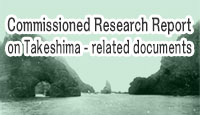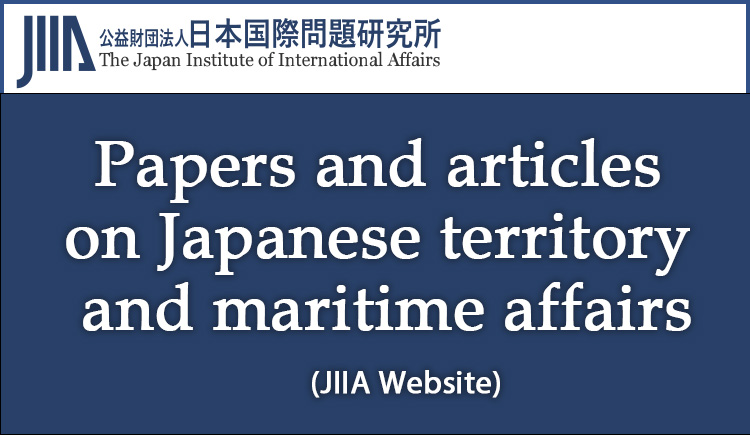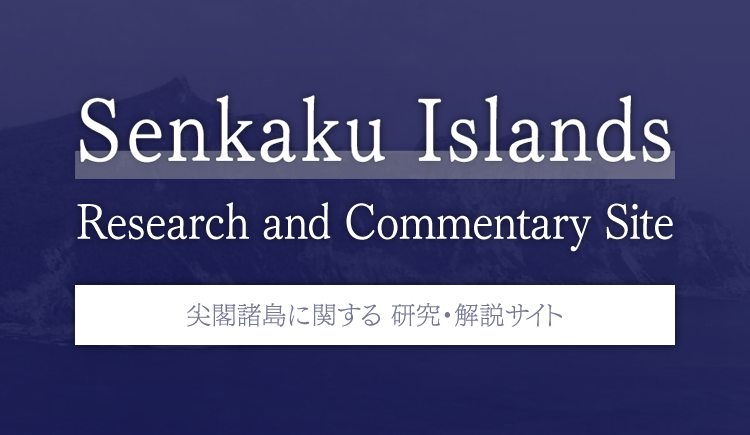The documents and materials published on this website were collected, researched, and prepared with advice from experts, as a part of a Government-commissioned project. The contents of this website do not reflect the views of the Government. Links to external sites (domains other than https://www.cas.go.jp) are not under the management of this site. For linked websites, please check with the organization/group that manages the website for the link in question.
Analysis of claims by other countries
Transfer of title by acquiescence - The relinquishing of sovereignty cannot be presumed lightly
Disputes over territorial sovereignty, such as the Takeshima issue, arise when more than one state claim title to a certain territoriy. In such situations, the status of the territory in question is not always made clear, and therefore it is often difficult to determine if it is a case of occupation or prescription. In such cases, the presence or absence of acquiescence by the states concerned fulfills an important function.
Acquiescence is effectuated when one of the parties to the dispute fails to protest against the activities or manifestation of sovereignty undertaken by the other party à titre de souverain. In the case concerning Sovereignty over Pedra Branca and Pulau Batu Puteh, the International Court of Justice recognized the transfer of sovereignty over the islets based on the fact that Malaysia had not responded in a timely manner to Singapore exercising administrative rights on one of the disputed islands in various ways. According to the Court, due to “the central importance […] of State sovereignty over territory and of the stability and certainty of that sovereignty […] any passing of sovereignty over territory on the basis of the conduct of the Parties must be manifested clearly and without any doubt by that conduct and the relevant facts.” This is especially true in the case where one of the parties relinquishes its sovereignty over a part of the territory. In other words, the transfer of title by acquiescence occurs only if any action regarded as a relinquishment of its sovereignty is taken. By reason of the important role that the stability and certainty of territorial sovereignty plays in maintaining order in the international community, acquiescence, which has the aforementioned effect, is not to be presumed lightly. If protest through the diplomatic channel, to say nothing of the proposal to refer the dispute to an international court, is lodged in a timely manner, the protesting state is not deemed to have acquiesced, and consequently the transfer of title by acquiescence does not ensue.
The importance of protest
Thus however long the “illegal occupation” of Takeshima by Korea may last, there will be no transfer of title to territory as long as Japan protests in a timely manner through the diplomatic channel. Moreover, Japan has proposed to Korea, several times to date, to refer the Takeshima issue to the International Court of Justice. Based on this, it is clear that Japan has not consented to Korea’s “illegal occupation” of Takeshima, and there can be no grounds for the effectuation of prescription or acquiescence. Under international law, it is not possible for this “illegal occupation” to turn into “valid control,” nor is it possible for Japan to lose its claim to sovereignty over Takeshima.
Takeshima
Research and Commentary Site
- I Comprehensive issues
- II Commentary on themes by historical period
- III Analysis of claims by other countries





